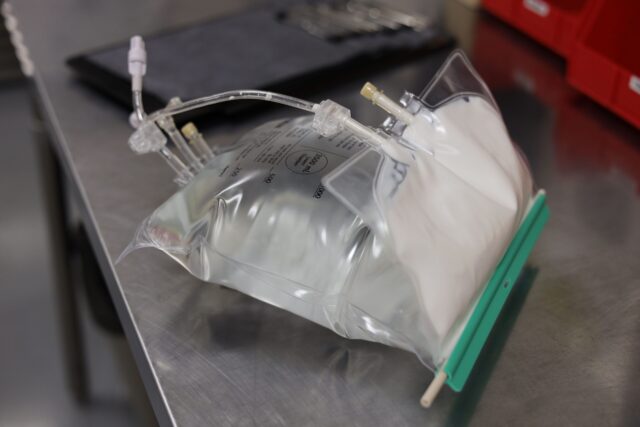Starting on Total Parenteral Nutrition (TPN) is a significant adjustment, and beyond the physical changes, it’s important to acknowledge and address the emotional impacts that come along with it. Feelings of anxiety, depression, isolation, and uncertainty are common and understandable reactions. If you’re experiencing these emotions, please know you are not alone, and these feelings are completely normal.
Understanding the Emotional Impacts of TPN
Many patients starting TPN experience a range of emotional responses. It’s important to validate these feelings. Adjusting to a new normal can be overwhelming, and emotions such as stress, frustration, and sadness are common.
You might feel isolated due to lifestyle adjustments necessary for TPN, or anxious about managing your care effectively. Recognizing these emotions as natural reactions to a challenging situation is the first step toward emotional wellness.
Strategies for Emotional Coping
Building Emotional Resilience
- Mindfulness and Meditation: Simple mindfulness practices can significantly reduce stress. Mindfulness involves staying present and engaged in the moment, which can help you manage anxiety and foster a positive outlook.
- Journaling: Writing down your thoughts, feelings, and experiences can help process emotions and track your emotional health over time.
- Engage in hobbies: Spending time on activities you enjoy—like reading, painting, gardening, or anything else that brings you joy—can offer a sense of normalcy, purpose, and relaxation.
Maintaining Social Connections
Staying connected with friends, family, and your community plays an important role in emotional well-being:
- Schedule regular video chats or in-person visits—whatever feels manageable.
- Short, low-key outings with loved ones can make a big difference, especially when they’re planned with your TPN needs in mind.
Leveraging Support Groups
Connecting with others who understand your experience can be tremendously comforting and helpful:
- Oley Foundation: Provides education, advocacy, and networking opportunities for those on home nutrition support.
- Crohn’s and Colitis Foundation: Offers targeted support and resources for managing digestive diseases.
- Short Bowel Foundation: A valuable resource for patients specifically dealing with short bowel syndrome.
- Social Media groups dedicated to TPN patients can offer daily support, shared experiences, and practical advice.
Practical Tips from Experts and Experienced Patients
Healthcare professionals encourage you to share emotional challenges with your clinical team as they’re there to support your whole well-being, not just your medical needs. Many experienced patients also find strength in hearing others’ stories. Patient testimonials can be powerful reminders that you’re not alone, offering both hope and practical tips for coping with life on TPN.
Support Systems
Effective emotional support involves clear communication with your healthcare team, family, and friends:
- Express your emotional needs openly. Your healthcare team can provide or connect you with appropriate resources.
- Friends and family should be encouraged to learn about TPN to better understand and support your journey.
Professional Resources and When to Seek Help
It’s okay to need extra help. If you’re experiencing persistent sadness or anxiety, losing interest in things you once enjoyed, or feeling overwhelmed or hopeless, it may be time to reach out for professional support. Talking to a therapist or counselor can make a big difference by providing tools to cope and feel more in control. Organizations like the National Alliance on Mental Illness (NAMI) and local counseling services can help connect you to the right support.
Long-term Emotional Wellness
Living with TPN means continually adapting—not just physically, but emotionally too.
Your needs may change over time, so it’s helpful to regularly check in with yourself and adjust your emotional wellness strategies as needed.
Keep the lines of communication open with your healthcare team; they can adjust your care plan to support your mental well-being.
Many individuals on TPN have faced emotional challenges and found ways to thrive—showing resilience, strength, and growth.
Remember, you’re not alone on this journey. Emotional support is available, and thriving while on TPN is absolutely possible. Reach out, stay connected, and take advantage of the tools and resources that can help you prioritize your mental health.



